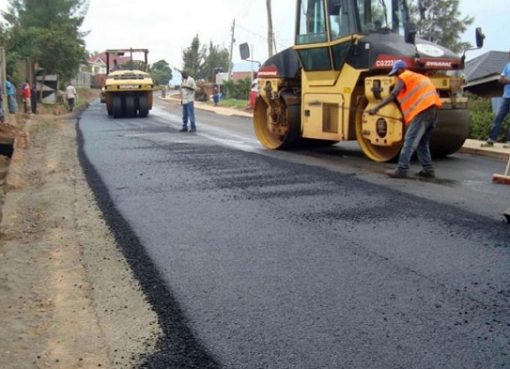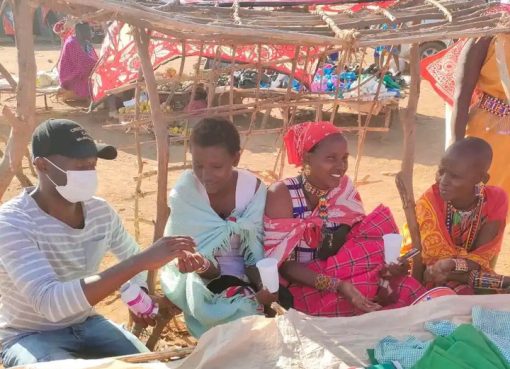Youth in Kakamega, who have a passion for fish farming, will be trained as aquaculture champions under the Aquaculture Business Development Programme (ABDP).
The eight year programme which is funded by the Government of Kenya (GOK) and the International Fund for Agricultural Development (IFAD) will also benefit youth in 15 other counties across the country.
Through the programme, the government and development partners seek to reduce poverty, increase income of poor rural households, increase food security and improve nutrition in rural communities in the selected counties. It was launched in April 2019 and will run through to 2026.
Kakamega County Chief Officer in charge of Fisheries Development, Zephaniah Otieno, said one of the objectives in the program is to create and support opportunities for non-fish farming actors interested to develop micro-enterprise along the aquaculture value chain through the Small Aquaculture development initiative.
Speaking during a meeting with the United States Agency for International Development (USAID) officials in Kakamega, Otieno said they are targeting youth with entrepreneurial skills to enable them start or improve Aquaculture Support Enterprises (ASEs) along the aquaculture value chains.
The ASEs are the target beneficiaries who will benefit from employment opportunities and self-employment opportunities along the non-production segments of aquaculture.
ASEs according to the project are youth entrepreneurs, either potential or existing off-farm enterprise owners in aquaculture value chain who will be trained so that they train others.
Those who will be trained will be Trainers of Trainers (TOTs) who will be responsible for training roll out at the entrepreneur level.
The beneficiary youth will be trained on pond construction, hatchery/ fingerling production, transportation of fingerlings and fish, aquaculture input supplier, local feed production, fish marketing outlet operator and fish eatery/café/hotel.
The Chief Officer said the youths need special attention for them to appreciate fish farming as an enterprise that can enable them earn a living instead of waiting for competitive white-collar jobs.
“There is a need for interest based assessment because agribusiness requires that you must have that interest. We are focusing on youth in aquaculture who have a passion in agribusiness. So we would like to nurture that group of youth so that they see and appreciate the fact that even youth can engage in agribusiness activities and succeed,” he noted.
He disclosed that the County Government had established a facility to be used by the youth in producing fish feeds but it has been lying idle as none among them has expressed willingness.
“We have a facility in this county where we want the youth to be involved in the production of fish feed. In the facility, we have machinery that was donated by the Food and Agriculture Organization (FAO) which is lying idle,” he added.
He said, since youth are tech based and avoid being involved in farming, a method which is not based on the land to produce fish known as Recirculating Aquaculture System (RAS) can woo majority of them.
The RAS is a technology that involves the use of Ultraviolet (UV) lights to recycle and sterilize water which is then taken through mechanical and biological filtration and used in rearing fish.
“Recirculating Aquaculture System (RAS) is not land based. These are the things that the youth want,” he explained.
During a meeting with stakeholders in Kakamega two months ago, The Lake Region Economic Bloc (LREB) Secretariat Education Pillar lead, Easter Akello, called for counties in the region to upscale mapping of youth in fish farming to benefit from the training.
She said a budget was already allocated at the LREB secretariat for training the youth to sustain the aquaculture industry in the region. The training comes after the county launched a fish refinery which has already begun operation.
Kakamega County has over 7000 fish farmers with over 9000 fish ponds. The county has invested Sh100 million to support fish farming.
By Moses Wekesa





